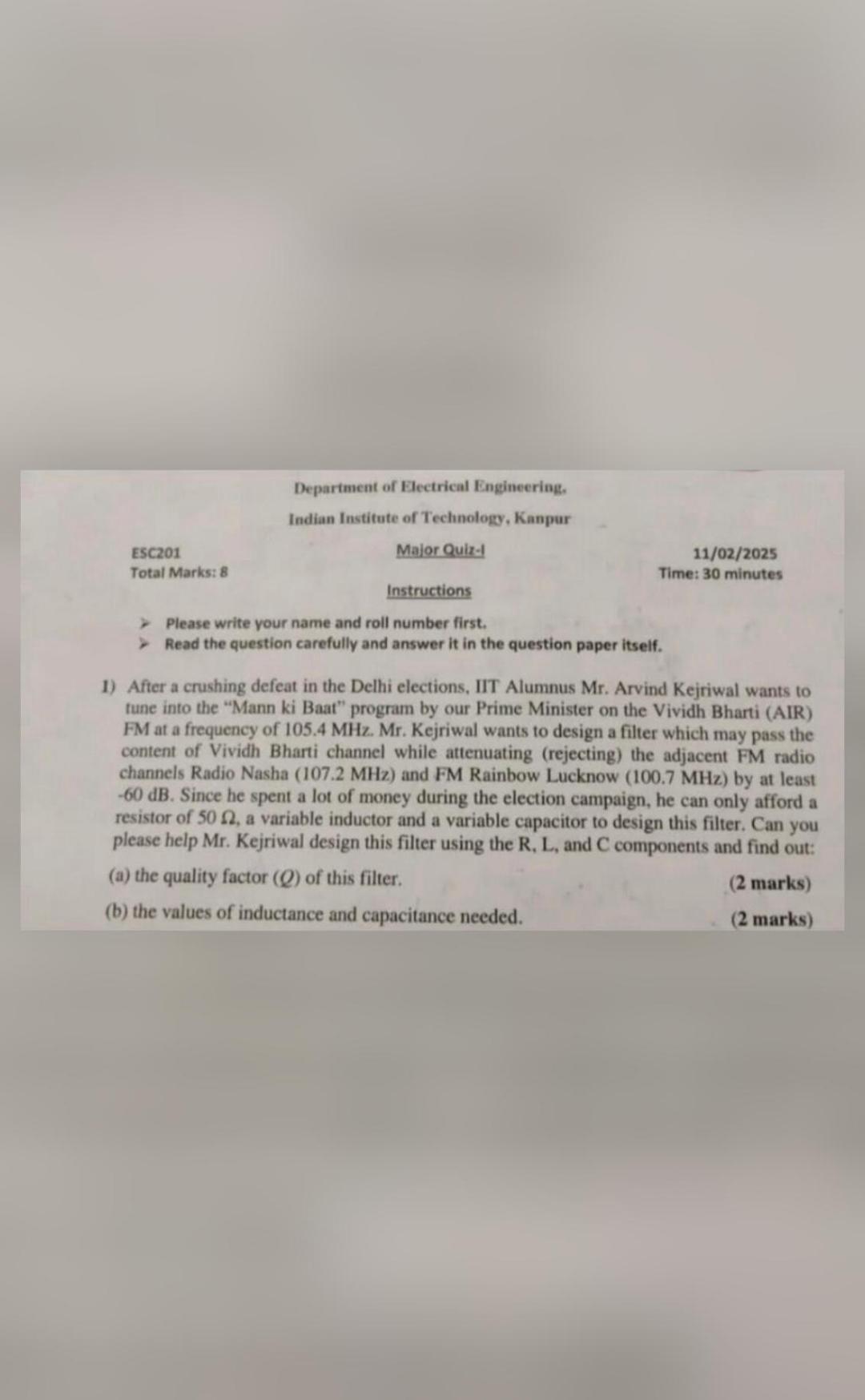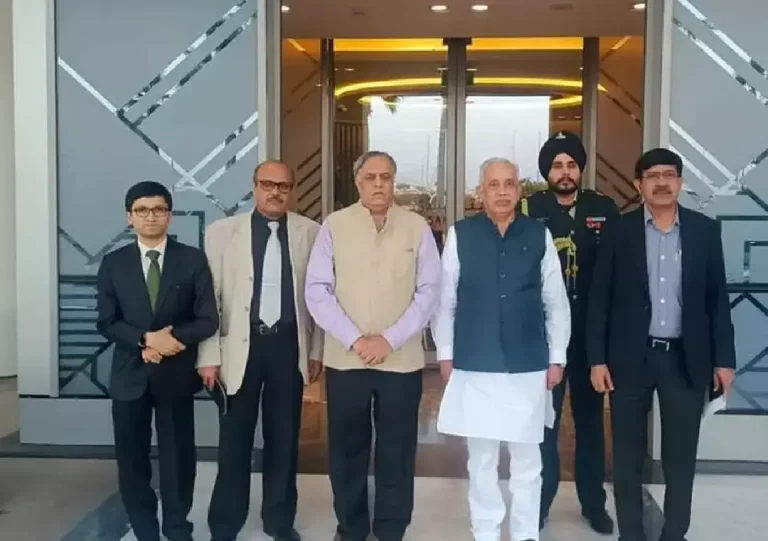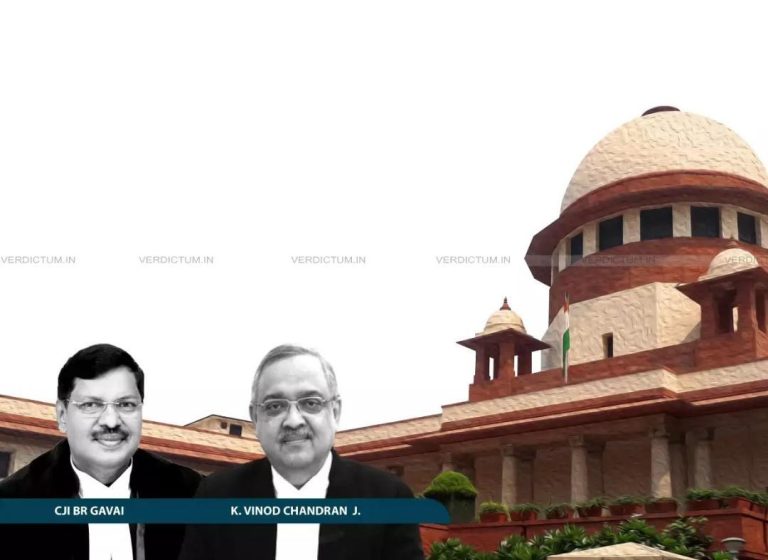
Wanted Exam to be More Engaging: IIT Kanpur on ‘Kejriwal & Mann Ki Baat’ Question
In a recent development that has left many in the academic community surprised, a question paper from IIT Kanpur has gone viral on social media, asking students to design a filter for Arvind Kejriwal, the Chief Minister of Delhi, to help him listen to Prime Minister Narendra Modi’s monthly radio address, ‘Mann Ki Baat’, after a poll loss. The question, which has sparked a mixed reaction, has raised questions about the creative ways institutes are using to make exams more engaging. In this blog post, we will delve deeper into the story and explore the implications of such an approach in the world of academia.
As per the news report, the question paper was set by a professor at IIT Kanpur, who prefers to use references to well-known personalities to make exam questions more engaging. The question, which has been shared widely on social media, has sparked a debate about the effectiveness of such an approach.
For those who may not be familiar, ‘Mann Ki Baat’ is a monthly radio address by the Prime Minister, where he shares his thoughts on various national and international issues. The address is broadcast on the last Sunday of every month, and has become a popular platform for the Prime Minister to connect with the people of India.
The question paper, which has been widely shared on social media, has raised several questions. Firstly, what is the relevance of asking students to design a filter for Arvind Kejriwal to help him listen to ‘Mann Ki Baat’? Secondly, is it necessary to use references to well-known personalities to make exam questions more engaging?
To understand the context better, it is essential to look at the purpose of the question paper. The professor who set the paper may have been trying to achieve several objectives, including making the exam more engaging, encouraging students to think creatively, and developing their problem-solving skills. By asking students to design a filter for Arvind Kejriwal, the professor may have been trying to test their understanding of signal processing and acoustics, two important areas of study in the field of engineering.
However, not everyone is convinced about the effectiveness of this approach. Many experts have argued that such questions may be more entertainment than education, and may not be a good use of students’ time. They argue that exams should focus on evaluating students’ knowledge and understanding of a subject, rather than their creativity or ability to design a filter for a politician.
Another concern is that such questions may be perceived as biased or political. By asking students to design a filter for Arvind Kejriwal, the professor may be sending a message that the institute is supporting a particular political party or ideology. This could lead to a perception that the institute is not impartial, and may affect the reputation of the institution.
Despite the controversy surrounding the question paper, it is clear that IIT Kanpur is committed to making exams more engaging and interactive. The institute has a reputation for being innovative and forward-thinking, and its efforts to make exams more engaging are a welcome development.
In conclusion, the question paper from IIT Kanpur is a reflection of the institute’s commitment to making exams more engaging and interactive. While the question may have raised some eyebrows, it is clear that the professor who set the paper was trying to achieve several objectives, including making the exam more engaging, encouraging students to think creatively, and developing their problem-solving skills.
As the world of academia continues to evolve, it is essential for institutes to find new and innovative ways to make exams more engaging and relevant. By using references to well-known personalities and real-life scenarios, professors can make exams more enjoyable and interactive, and help students develop a deeper understanding of the subject matter.
Sources:






